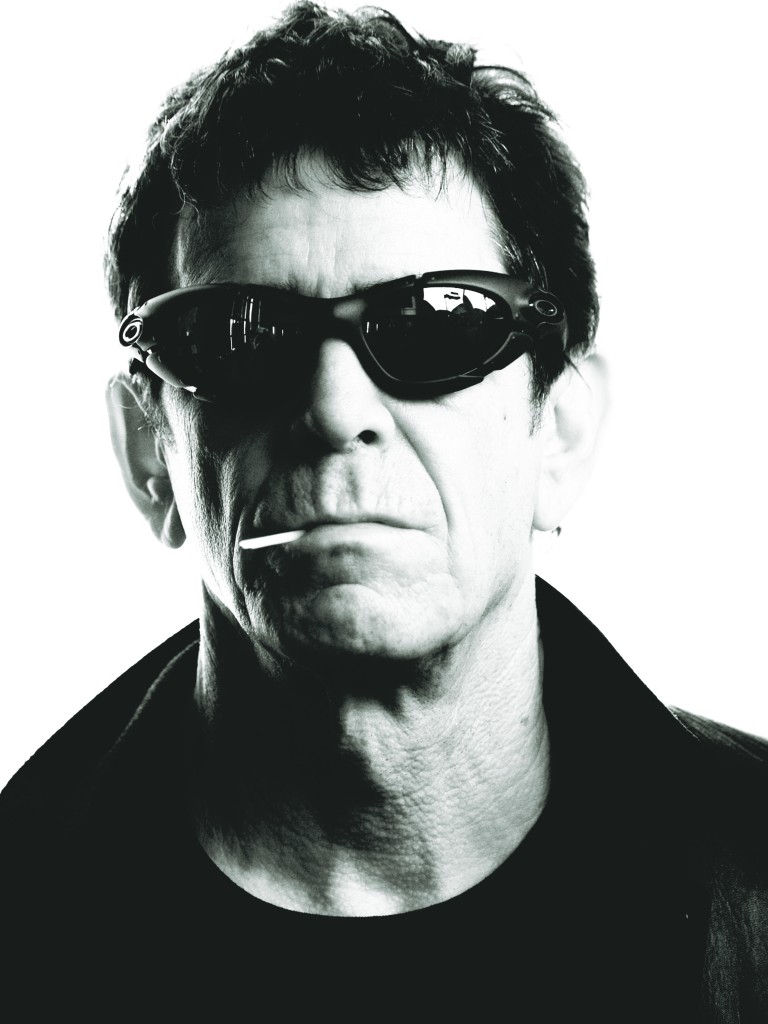
Lou Reed, musical pioneer and proclaimed “godfather of punk,” passed away last week at the age of 71. Reed was most renowned for his unique deadpan voice and for his poetic and controversial lyrics. The music world lost one of its most influential artists, and the world at large lost a great friend. You may not have listened to or even heard of Lou Reed, but he’s responsible for some of your favorite music.
In 1967, the Velvet Underground released their first album with Reed as frontman and changed the world forever. Interjecting noisy, experimental art songs between catchy pop songs, all discussing sexuality, drugs, prostitutes and a New York City that will never again exist, the album displays a wide range of talent and taste that can never truly be replicated.
“I was talking to Lou Reed the other day and he said that the first Velvet Underground record sold 30,000 copies in the first five years,” producer Brian Eno once said. “The sales have picked up in the past few years, but I mean, that record was such an important record for so many people. I think everyone who bought one of those 30,000 copies started a band!”
Born in Brooklyn and raised in Long Island, Reed holds a special place in New Yorkers’ hearts. As a bisexual teenager in the ’50s, Reed received electroconvulsive therapy (shock treatment), which led to the deterioration of his relationship with his parents. Reed explored topics such as bisexuality, homosexuality, transgender persons, prostitutes and drugs in his lyrics, making his music some of the most controversial of his time. All sung with his unmistakable voice, Reed’s work can never be replicated.
Music critic Stephen Holden once called Reed’s voice “outrageously unmusical.”
“It combines the sass of Jagger and the mockery of early Dylan, but is lower-pitched than either,” Holden said. “It is a voice so incapable of bullshit that it makes even an artsy arrangement work by turning the whole thing into a joyous travesty. Just as arresting as Reed’s voice are his lyrics, which combine a New York street punk sensibility and rock song clichés with a powerful poetic gift.”
“Transformer,” his breakthrough album, contained famous hits like “Walk on the Wild Side,” “Perfect Day” and “Satellite of Love,” all which have been covered by dozens of influential artists. Reed’s influence can be seen in David Bowie, U2, R.E.M., The Smiths, Sonic Youth, Sex Pistols and countless other musical giants who were deeply saddened by the loss.
Iggy Pop, a fellow pioneer of punk, said, “I loved Lou. I admired Lou very much. He was a very genuine person.”
David Bowie, who produced Iggy’s “Lust for Life,” also produced Reed’s “Transformer.” After hearing the news, Bowie stated of his old friend, “He was a master.”
Reed has left us, but his presence will always remain. Whether it’s in Julian Casablancas’ voice in The Strokes, David Bowie’s new album, an avant-garde experimental band or any artist trying to break off from the mainstream, Lou Reed’s spirit and influence will live on forever so long as there’s music. So take a lesson from Reed and next time, instead of hopping on the bandwagon, take a walk on the wild side.


